



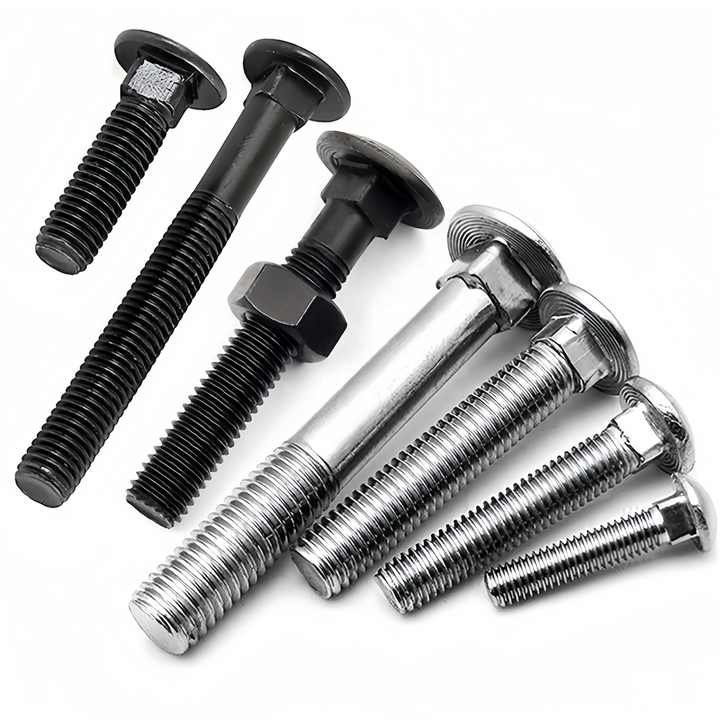
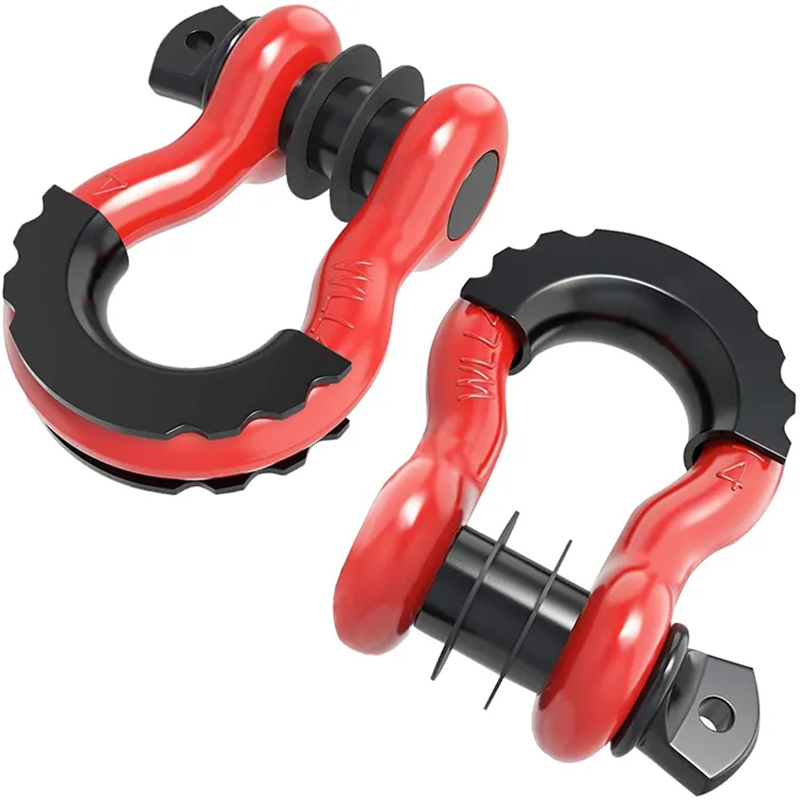

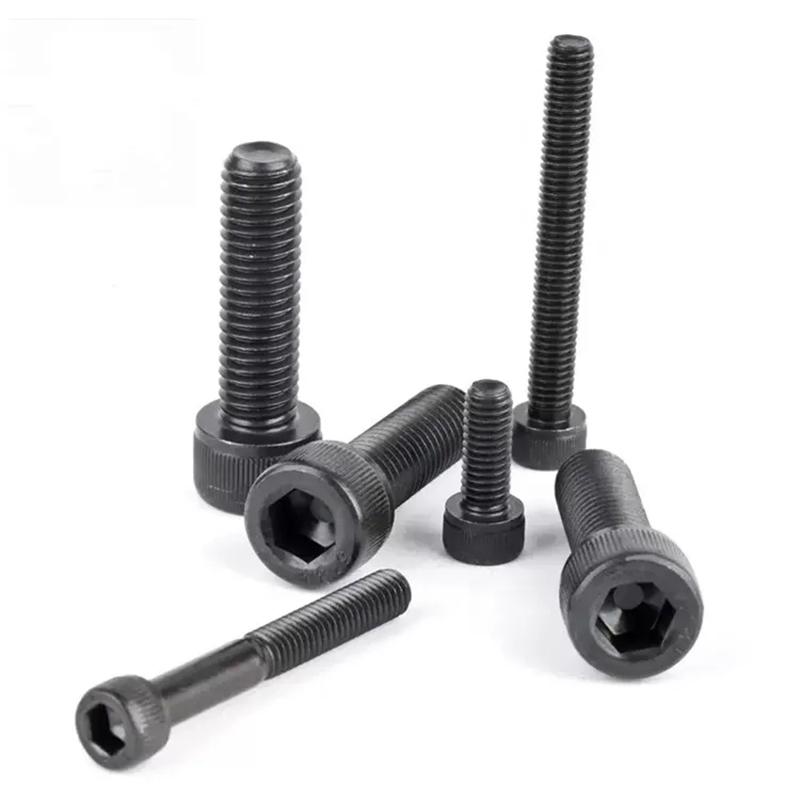
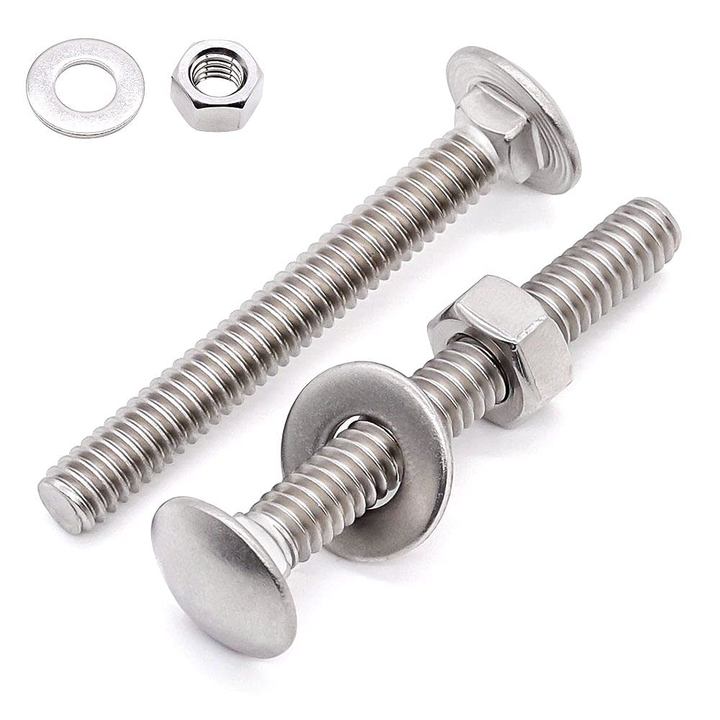
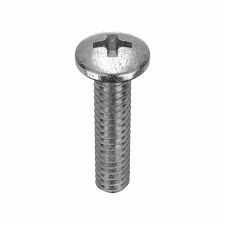
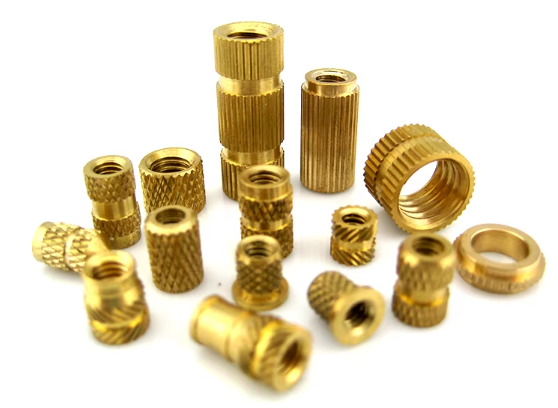
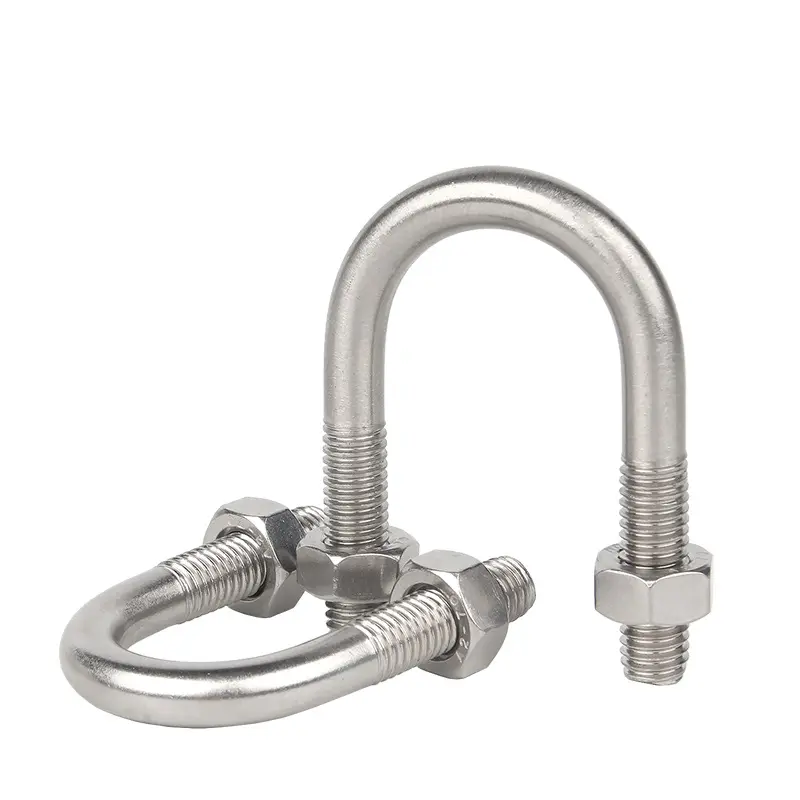


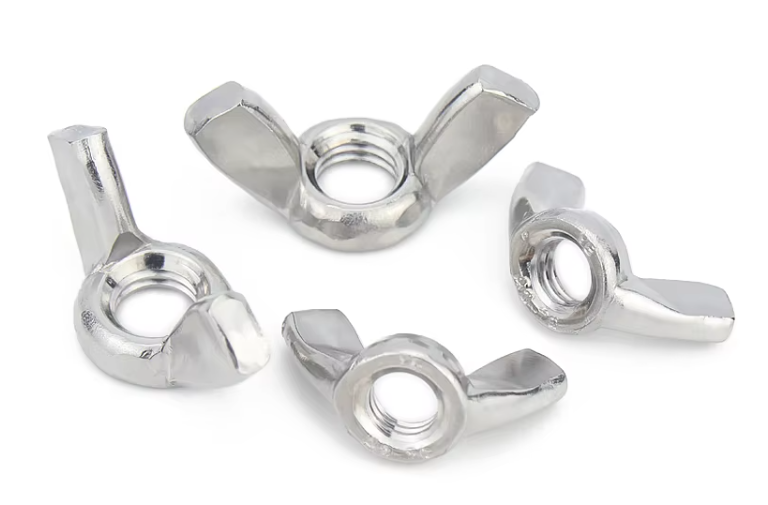
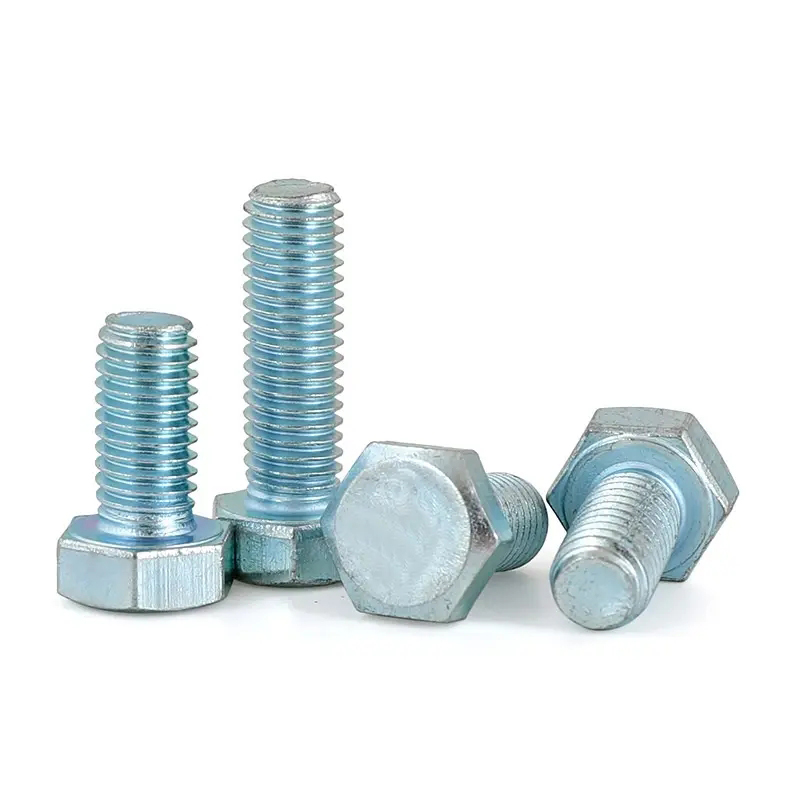
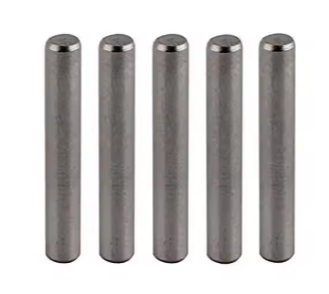
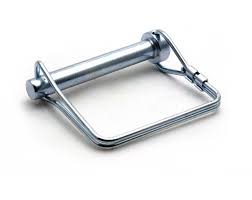
| Finish | Plain/Zinc-plated/Galvanized/etc. |
| Measurement System | Metric/Inch |
| Place of Origin | China |
| Standard | GB/ISO/ANSI/DIN/BS/JIS |
| Material | Carbon steel/Stainless steel/Brass/Aluminum/etc. |
| Product Grade | Grade A |
| Strength Grade | Level 4.8/8.8,etc. |
| Applicable Industries | Construction Industry |
| Color | Plain/White/Black/Gold/etc. |
| Custom Support | ODM/OEM |
Fasteners are widely used for many industries, such as construction, vehicle, railway, furniture and some other precision industries. We produce and sell various of fasteners, including bolts and nuts, washers, screws, clamps, non-standard fasteners, etc. They have different materials, length, threads, surface treatment. Welcome to contact us for details.
Four corner welded nut is a special type of nut with a unique design, usually having a four corner shape. The characteristic of this nut is its welding performance, which allows it to be fixed between two products by welding, providing a more stable connection. Four corner welded nuts usually use high-temperature welding technology, which involves melting the metal, mixing it, and then cooling it to connect two separate parts into a whole. This connection method not only has high strength, but also has stable connection effect and is not easy to loosen or fall off. There are various specifications for square welded nuts, including different materials and sizes, to meet different application needs. For example, some four corner welded nuts use DIN557 standard, with materials including 304, 316, etc., and specifications ranging from M3 to M12. In addition, the design of the four corner welded nut also takes into account the convenience of welding, for example, by setting up clamps and welding blocks, it is convenient to fix the position of the nut body during welding, avoiding the displacement of the nut body during the welding process, thereby ensuring the quality and stability of welding.
Four corner welded nuts have a wide range of applications and are suitable for various situations that require stable connections. Due to its unique welding fixation method, it is particularly suitable for applications that require high-strength connections and seismic resistance, such as mechanical manufacturing, automotive components, and other fields. The standards and specifications of square welded nuts ensure their compatibility and interchangeability in different applications, making them the preferred connectors in many industrial applications.
1、 Standard specifications for square spot welded nuts
Four corner spot welded nuts are a commonly used fastener, widely used in fields such as machinery, chemical engineering, and electronics. The standard specifications are as follows:
1.Diameter: M3-M12
2.Materials: carbon steel, stainless steel, copper, aluminum, etc
3.Surface treatment: galvanizing, nickel plating, sandblasting, painting, etc
2、 Material selection for corner spot welded nuts
The material selection of corner spot welded nuts should consider factors such as their usage environment and required strength. In general, carbon steel nuts are suitable for non corrosive environments, stainless steel nuts are suitable for humid and corrosive environments, and copper and aluminum nuts are suitable for conductive and lightweight environments.
3、 Scope of application for square spot welded nuts
Four corner spot welding nuts are suitable for various occasions that require fixing or connection, such as mechanical equipment, automobiles, electronic instruments, etc. Its characteristic is that it can firmly fix the workpiece, is not easy to loosen, and has high seismic resistance.
4、 Characteristics of Four Corner Spot Welding Nut
1.Easy installation can reduce work time and costs.
2.The four corners are firmly welded to ensure the stability of the nut.
3.Easy disassembly and assembly, able to be used multiple times, saving costs.
4.Able to withstand significant tensile and torque forces, ensuring a secure connection.
In summary, square spot welded nuts are a commonly used fastener, and their standard specifications and material selection require special attention. When using, appropriate specifications and materials should be selected based on the specific environment and requirements to ensure their connection effect and service life.


